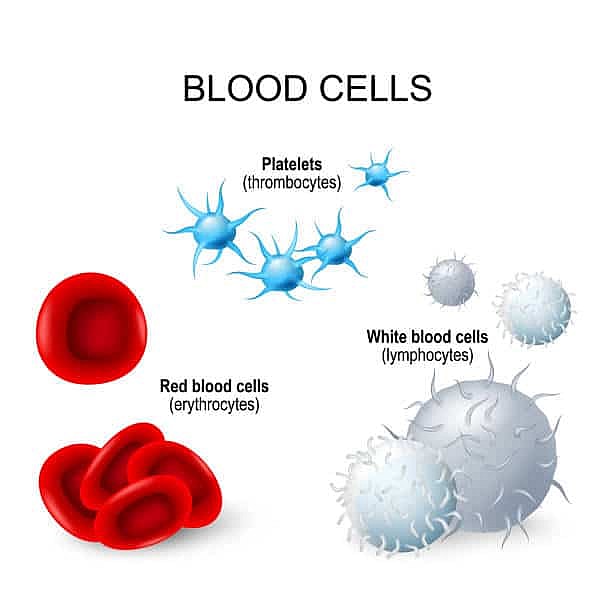Inflammation
What is Rheumatoid Arthritis?

Rheumatoid Arthritis (RA) is an autoimmune disease characterised by inflammation of the joints, most commonly causing pain, swelling, and stiffness. The most common symptom of RA is fatigue, while other symptoms may include joint aches, poor circulation and stiffness, particularly in the morning. RA also often affects the skin, eyes, and/or lungs, and it can be accompanied by other conditions such as anemia and fatigue. There are a variety of treatments available to those diagnosed with RA, including lifestyle changes, medications, and in some cases, surgery. With proper treatment, those suffering from RA can often lead fairly normal lives.
What is Rheumatic Fever?

Rheumatic fever is an inflammatory condition that occurs after tonsillitis caused by a specific bacteria (specifically, a group A Streptococcus). Rheumatic fever commonly affects the joints and heart. Rheumatic fever can cause many different symptoms, but the most common symptoms…
What is Viral Meningitis?

Viral meningitis, or aseptic meningitis, is a viral infection of the meninges, the membranes around the brain, and spinal cord. Viral meningitis is usually less severe than bacterial meningitis, though a doctor should assess all suspected cases of meningitis. There…
What is Asthma?

Asthma Asthma is an inflammatory condition that affects the airways in the lungs. According to the World Health Organization, it is one of the most common non-contagious diseases, affecting around 235 million people globally.[1] The condition can affect men, women,…
What is Polymyalgia Rheumatica?

Polymyalgia rheumatica Polymyalgia rheumatica is a condition that affects muscles and joints. This condition causes inflammation in the muscles in joints. The cause of this is unknown. The most common symptoms of polymyalgia rheumatica are muscle pain and stiffness in…
What is Acute Pancreatitis?

acute pancreatitis Acute pancreatitis is an inflammation in the pancreas. The pancreas is an organ behind the stomach and connected to the bowel. It produces enzymes, which are necessary to break down food during digestion, and helps regulate the body’s…
White Blood Cell Count

What is a white blood cell (WBC) count? Healthy blood contains a certain percentage of white blood cells (WBCs, leukocytes, or leucocytes) which, as part of the body’s immune system, help the body fight infection.1 A white blood cell (WBC) count…
